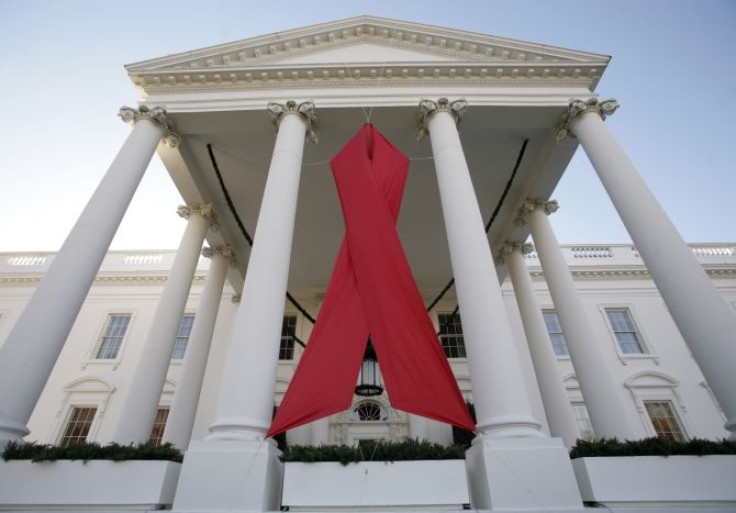Michigan Courts Use HIV Disclosure Laws To Set Harsh Sentencing

More than 50 percent of states consider criminal transmission of HIV/AIDS as a misdemeanor. Of those convicted, the majority were white men with female sex partners with some individuals suffering from a mental illness or substance abuse.
Trevor Hoppe, a doctoral student in sociology and women's studies at the University of Michigan, conducted a survey demonstrating that many judicial officials in Michigan frame HIV/AIDS as a deadly disease, which gives prosecutors the authority to convict a defendant who failed to disclose his or hers health status. The survey revealed that Michigan judges and prosecutors compared the failure to disclose one's health status close to a murder in criminal nondisclosure cases and go as far as even treating HIV cases as a death sentence.
Hoppe analyzed court transcriptions and Michigan state police data that included county, sentencing dates and all settlements that involved convictions and non-convictions regarding defendants with a previous record. Additionally, he also received information from the Michigan Department of Community Health, where it detailed the amount of HIV-positive people diagnosed between 1992 and 2010 in the counties where he identified defendants.
Michigan police data discussed 49 convictions between 1992 and 2010. Hoppe also discovered seven other cases that were not included in police records. The defendants, who were between the ages of 21 to 54, all were involved in a case where the plaintiff was of the opposite sex. In the cases, 48 percent of the defendants were white, 37 percent were black and 11 percent were Hispanic.
Research uncovered nearly 93 percent of the cases resulted in a conviction that led to prison sentences with a minimum time served of 10 years. However, in some instances, some judges went as far as ruling a maximum of 15 years in jail.
"As we enter into the fourth decade of HIV, it is time we reconsider how these unjust laws are enforced in a time when the Obama Administration is calling for an AIDS-free generation," Hoppe said. "You cannot call for universal testing when getting an HIV-positive test result can present substantial legal risks."
Trevor Hoppe presented his findings, Punishing HIV: How Michigan Trial Courts Frame Criminal HIV Disclosure Cases, last week at the International AIDS Conference in Washington, D.C.



























